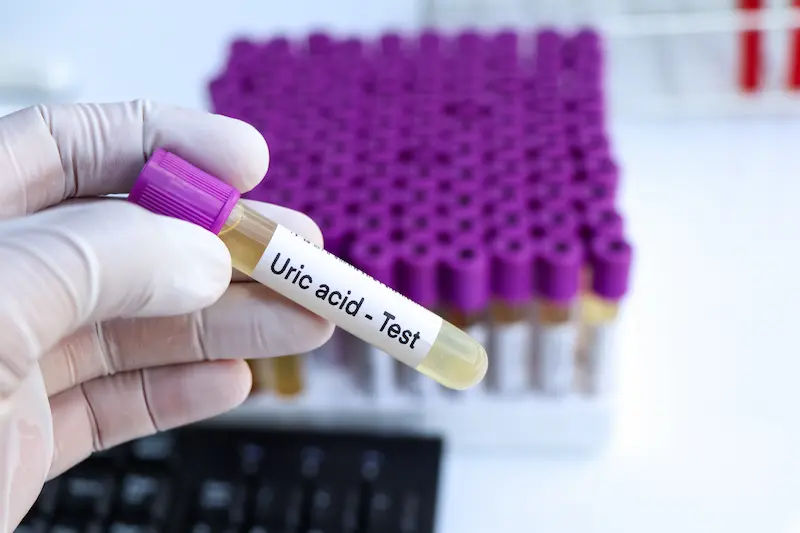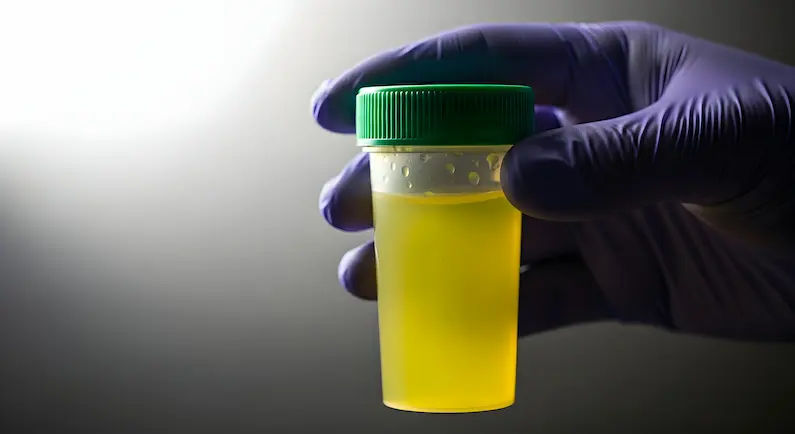Guide to Foods To Eat And Avoid For Urinary Health
Discover the best foods for urinary health and learn what to eat or avoid to prevent UTIs, kidney stones, and bladder irritation. Get expert tips, sample menus, and guidance on when to see a doctor. A practical, evidence-based guide for everyday bladder and kidney wellness.

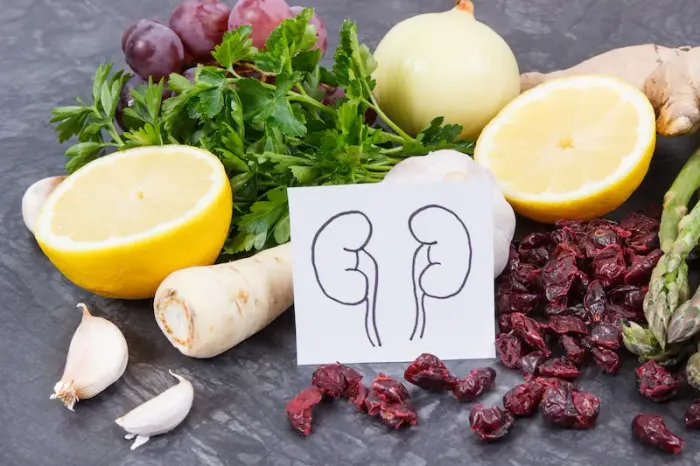
Introduction
If you’ve ever asked which foods support urinary health—or which ones might be making symptoms worse—you’re not alone. The urinary tract works hard around the clock to clear waste, balance fluids, and keep infections at bay. The good news: daily choices like how much water you drink, which foods you pair together, and what you limit can meaningfully reduce issues like urinary tract infections (UTIs), kidney stones, and bladder irritation. In this guide, we’ll explain how specific foods and drinks affect your urine’s volume, acidity, and composition, and we’ll highlight the best foods for urinary health alongside common triggers to avoid. Your diet affects not only the health of your urinary tract but also your energy, hydration, and immune defences. Many people overlook how subtle changes—like increasing water, adjusting salt, or balancing calcium and oxalate—can make a measurable difference in comfort and long-term kidney health. This article helps you understand how to nourish your urinary system naturally, using everyday foods that are both protective and satisfying.
Urinary Health: How Food and Drink Influence Your Tract
Your daily choices shape your urine’s volume, acidity, and composition.
The urinary tract includes the kidneys, ureters, bladder, and urethra, all working to remove waste and maintain fluid
balance. Food and drink affect urine by influencing its volume, composition, and irritant load. Proper hydration, balanced minerals, and identifying personal trigger foods are key to maintaining urinary comfort and preventing issues like infections or stones.
Consult a Top General Practitioner for Personalised Advice
Hydration Is the Cornerstone
Proper hydration supports kidney filtration, reduces irritation, and prevents infections.
Hydration dilutes bacteria, lowers urine concentration, and helps prevent stone formation. Most adults should aim for
1.5–2.5 litres of fluids daily, adjusting for heat and activity. Choose water, herbal teas, and diluted fruit infusions while
limiting caffeine, alcohol, and fizzy drinks that may irritate the bladder.
Pro tip: Flavour water naturally with cucumber or mint for better hydration without added acidity.
Foods To Eat for Better Urinary Health
Certain foods actively protect your bladder and kidneys while supporting overall wellness.
Cranberries and PACs
Cranberry juice and capsules with standardised proanthocyanidins (PACs) may help reduce UTIs by preventing
bacteria from adhering to bladder walls. Opt for low-sugar options or capsules with about 36 mg PACs daily.
Probiotic Foods and the Gut–Urinary Axis
Yoghurt with live cultures, kefir, and fermented vegetables can promote a healthy microbiome, which may lower
infection risk and support bladder health.
Fibre-Rich Plants and Anti-Inflammatory Foods
A plant-forward pattern with fruits, vegetables, legumes, and whole grains reduces inflammation and supports regular
digestion, indirectly benefiting urinary function.
Calcium with Meals to Bind Oxalate
A normal calcium intake (1,000–1,200 mg daily) helps bind oxalate in the gut, reducing kidney stone risk. Pair
moderate-oxalate foods such as nuts or spinach with calcium sources like milk, yoghurt, or fortified plant milks.
Protein and Healthy Fats
Opt for moderate amounts of protein, favouring beans, lentils, tofu, and fish. Include olive oil, nuts, and seeds for heart-
healthy fats. A balanced intake supports immune health and reduces acid load.
Foods and Drinks To Limit or Avoid
Some foods and beverages can irritate the bladder or increase stone risk.
Common Bladder Irritants
Limit caffeine, alcohol, spicy foods, citrus juices, tomato products, and vinegar if you notice bladder discomfort. Test
your tolerance by removing and reintroducing foods gradually.
Artificial Sweeteners, Carbonation, and Ultra-Processed Foods
Sweeteners like aspartame and sucralose may worsen urgency in some people, while carbonated and processed foods
often contain high sodium levels and additives that are unhelpful for bladder comfort.
Salt and Animal Protein
High sodium increases urinary calcium, contributing to stone formation. Limit salt to under 2,300 mg daily and
moderate animal protein to manage uric acid levels.
Tailor Your Diet to Specific Urinary Conditions
Your ideal urinary diet depends on your condition—UTIs, stones, OAB, IC, or BPH.
Recurrent UTIs
Stay hydrated and consider cranberry products for prevention. Include probiotic foods and maintain regular bladder
emptying. If symptoms persist for more than two weeks, seek professional advice from a doctor online with Apollo 24|
7.
Kidney Stones
For calcium oxalate stones, drink plenty of fluids, reduce salt, and keep calcium intake normal. For uric acid stones,
limit animal protein and favour alkaline-forming fruits and vegetables.
Overactive Bladder (OAB) and Interstitial Cystitis (IC)
Track trigger foods such as caffeine, citrus, and spicy dishes. Choose milder options like pears, melons, and blueberries,
and combine dietary changes with bladder training.
Benign Prostatic Hyperplasia (BPH) and Night-Time Urination
Front-load fluids earlier in the day, reduce caffeine and alcohol at night, and maintain a balanced, plant-rich diet to
support urinary flow.
Smart Shopping, Cooking, and a Sample Day
Planning your meals strategically helps maintain consistent urinary comfort.
Practical Grocery List
Include water, herbal teas, berries, melons, probiotic yoghurt, lentils, tofu, oats, olive oil, and herbs like turmeric and
ginger. Choose low-sodium versions of packaged foods and rinse canned products.
Sample Day Menu
- Breakfast: Oats with yoghurt and blueberries.
- Lunch: Quinoa bowl with roasted vegetables and chickpeas.
- Snack: Pear and walnuts.
- Dinner (non-veg): Baked salmon with green beans and brown rice.
- Dinner (veg): Tofu stir-fry with bok choy and peppers.
- Dessert: Melon or mango slices.
Adjust spices and salt to suit bladder sensitivity.
Evidence Check: What the Research Really Says
Recent studies refine what truly helps urinary health and what doesn’t.
Cranberry products reduce UTI recurrence in certain groups, particularly women. D-mannose, once popular, shows no
significant benefit in preventing UTIs. Vitamin C from food is safe, but supplements may raise stone risk in some
people. Probiotic foods support general gut and bladder health, while caffeine and artificial sweeteners remain common
irritants in OAB or IC.
When to See a Doctor, Tests to Know, and Next Steps
Recognising warning signs early can prevent serious complications.
Seek medical attention for burning urination, blood in urine, fever, flank pain, or symptoms lasting beyond two weeks.
Common tests include urinalysis, urine culture, and 24-hour urine chemistry for stone risk. Apollo 24|7 offers online
consultations and home urine collection to guide personalised dietary adjustments.
Conclusion
Every day, nutrition choices directly shape urinary comfort and health.
Hydrate well, maintain a plant-forward diet, control sodium and animal protein, and identify personal irritants. Use evidence-backed strategies like the calcium-oxalate pairing and cranberry PACs if you’re prone to UTIs. Persistent symptoms or recurrent stones warrant medical evaluation—book an online consult with Apollo 24|7 for personalised care. With steady habits, your urinary system can stay healthy in the long run.
Consult a Top General Practitioner for Personalised Advice
Consult a Top General Practitioner for Personalised Advice

Dr Syed Mateen Pasha
General Physician
2 Years • MBBS
Bengaluru
PRESTIGE SHANTHINIKETAN - SOCIETY CLINIC, Bengaluru

Dr. Anand Ravi
General Physician
2 Years • MBBS
Bengaluru
PRESTIGE SHANTHINIKETAN - SOCIETY CLINIC, Bengaluru

Dr. Vivek D
General Physician
4 Years • MBBS
Bengaluru
PRESTIGE SHANTHINIKETAN - SOCIETY CLINIC, Bengaluru

Dr. Debajyoti Goswami
Obstetrician and Gynaecologist
10 Years • MBBS,D.G.O(DNB),Adv. Infertility Tech.(AIIMS),Fellowship in Diabetes(U.K),Comprehensive Abortion Care(Govt. Of W.B), Certificate in Clinical Embryology(AIIMS, BHUBANESWAR)
Bankura
D.G Clinic, Bankura
(25+ Patients)

Dr. Syed Ismail Ali
General Practitioner
7 Years • MBBS
Hyderabad
Apollo 24|7 Clinic, Hyderabad
Consult a Top General Practitioner for Personalised Advice

Dr Syed Mateen Pasha
General Physician
2 Years • MBBS
Bengaluru
PRESTIGE SHANTHINIKETAN - SOCIETY CLINIC, Bengaluru

Dr. Anand Ravi
General Physician
2 Years • MBBS
Bengaluru
PRESTIGE SHANTHINIKETAN - SOCIETY CLINIC, Bengaluru

Dr. Vivek D
General Physician
4 Years • MBBS
Bengaluru
PRESTIGE SHANTHINIKETAN - SOCIETY CLINIC, Bengaluru

Dr. Debajyoti Goswami
Obstetrician and Gynaecologist
10 Years • MBBS,D.G.O(DNB),Adv. Infertility Tech.(AIIMS),Fellowship in Diabetes(U.K),Comprehensive Abortion Care(Govt. Of W.B), Certificate in Clinical Embryology(AIIMS, BHUBANESWAR)
Bankura
D.G Clinic, Bankura
(25+ Patients)

Dr. Syed Ismail Ali
General Practitioner
7 Years • MBBS
Hyderabad
Apollo 24|7 Clinic, Hyderabad
More articles from Urinary Tract Infections
Frequently Asked Questions
1) What are the best foods for urinary health?
Hydration, probiotic foods, fibre-rich plants, and a normal calcium intake with meals are best. Cranberry PACs may also reduce UTI recurrences.
2) Which foods should I avoid for bladder irritation?
Caffeine, alcohol, spicy foods, citrus juices, tomato products, and certain sweeteners are common triggers.
3) Does cranberry juice really prevent UTIs?
Yes—cranberry products standardised for PAC content can reduce recurrence in women with frequent UTIs.
4) How can I prevent kidney stones with diet?
Drink enough to pass 2–2.5 litres of urine daily, reduce salt, maintain normal calcium, moderate animal protein, and ask about a 24-hour urine test.
5) When should I see a doctor for urinary symptoms?
See a doctor for fever, blood in urine, back pain, or persistent symptoms beyond 48–72 hours. Consult online with Apollo 24|7 for further evaluation.
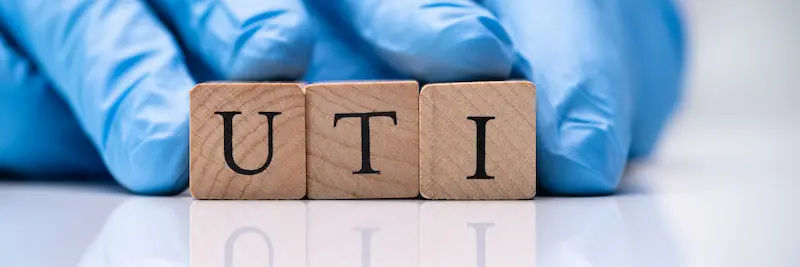
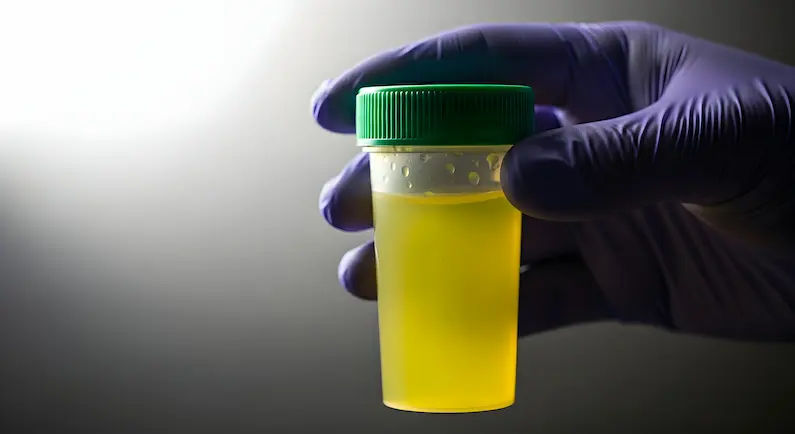
.webp)
